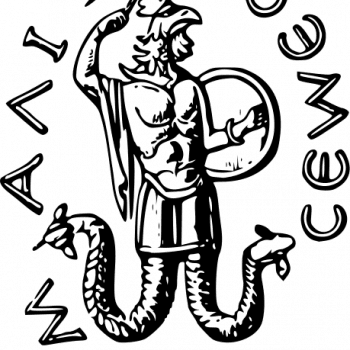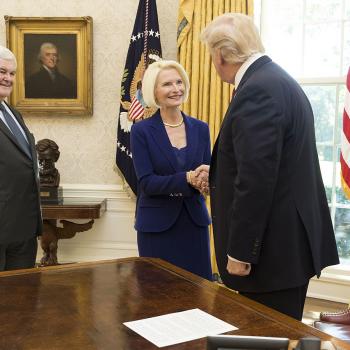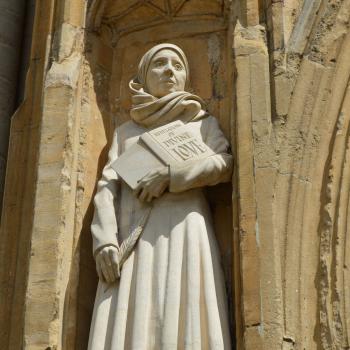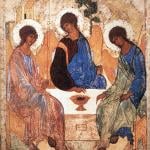In many religious debates, the word Gnostic is often thrown around as a way to insult one’s opponent, with the intention of suggesting they are a heretic. The problem is that the term is often used wrongly. While it does not necessarily indicate someone is a heretic, there are various heretical groups, each which claimed special knowledge necessary for salvation, that were labelled Gnostic so that the term became associated with heresy. While the claim that particular knowledge is necessary... Read more

















